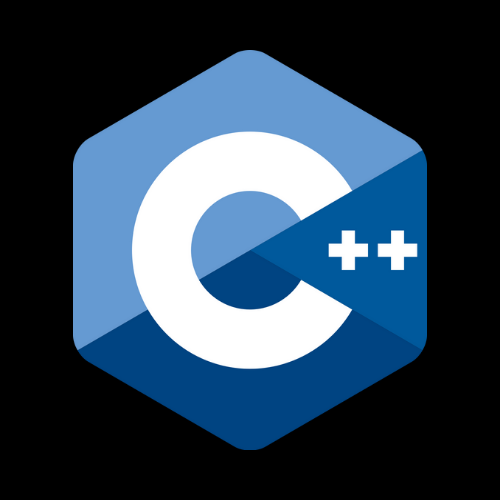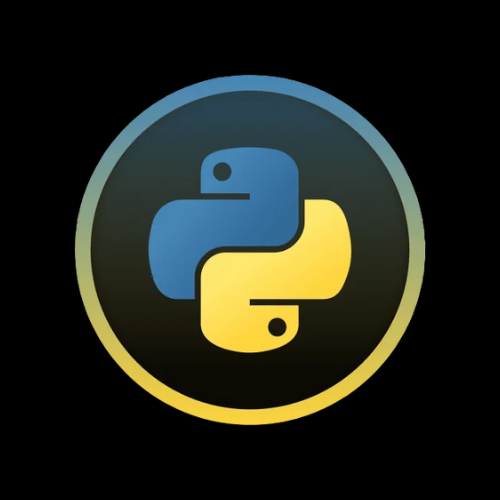Certainly! Let's dive into C strings and various operations you can perform with them. I'll provide detailed explanations and examples for each of the topics you mentioned.
1. C Strings:
a. In C, a string is an array of characters, terminated by a null character ('\0'). The null character marks the end of the string.
- C strings are stored as a sequence of characters in memory, with the null character indicating the end of the string.
- For example, "Hello" is represented as an array: ['H', 'e', 'l', 'l', 'o', '\0'].
2. String Concatenation:
a. String concatenation is the process of combining two or more strings to form a single string.
- In C, you can concatenate strings using the strcat function from the string.h library.
#include
#include
int main() {
char str1[20] = "Hello, ";
char str2[] = "world!";
strcat(str1, str2); // Concatenate str2 to str1
printf("%s\n", str1);
return 0;
}
Output: "Hello, world!"
3. C Numbers and Strings:
a. In C, you can convert numbers to strings and vice versa using functions like sprintf, atoi, atof, and others.
- sprintf converts numbers to strings, while atoi and atof convert strings to integers and floating-point numbers, respectively.
#include
#include
int main() {
int num = 42;
char str[10];
sprintf(str, "%d", num); // Convert int to string
printf("String: %s\n", str);
char numStr[] = "3.14";
float pi = atof(numStr); // Convert string to float
printf("Number: %.2f\n", pi);
return 0;
}
4. C String Length:
a. You can find the length of a C string using the strlen function from the string.h library.
#include
#include
int main() {
char str[] = "Hello, world!";
int length = strlen(str);
printf("Length of the string: %d\n", length);
return 0;
}
Output: "Length of the string: 13"
5. Accessing Strings:
a. You can access individual characters in a C string using array notation or pointer notation.
#include
int main() {
char str[] = "Hello";
char firstChar = str[0]; // Accessing first character
char secondChar = *(str + 1); // Accessing second character using a pointer
printf("First char: %c, Second char: %c\n", firstChar, secondChar);
return 0;
}
Output: "First char: H, Second char: e"
6. Special Characters:
a. C supports special characters in strings, like newline '\n', tab '\t', and backslash '\\'.
#include
int main() {
printf("Line 1\nLine 2\tTabbed\nPath: C:\\folder\\file.txt\n");
return 0;
}
Output:
"Line 1
Line 2 Tabbed
Path: C:\\folder\\file.txt"
7. User Input Strings:
a. To get user input as a string, you can use the fgets function.
#include
int main() {
char input[50];
printf("Enter a string: ");
fgets(input, sizeof(input), stdin); // Read a string from the user
printf("You entered: %s", input);
return 0;
}
8. C String Namespace:
a. In C, there isn't a specific concept of namespaces like in C++. Variables and functions share a common global namespace by default.



